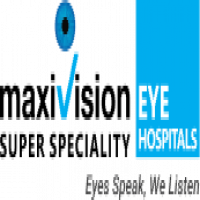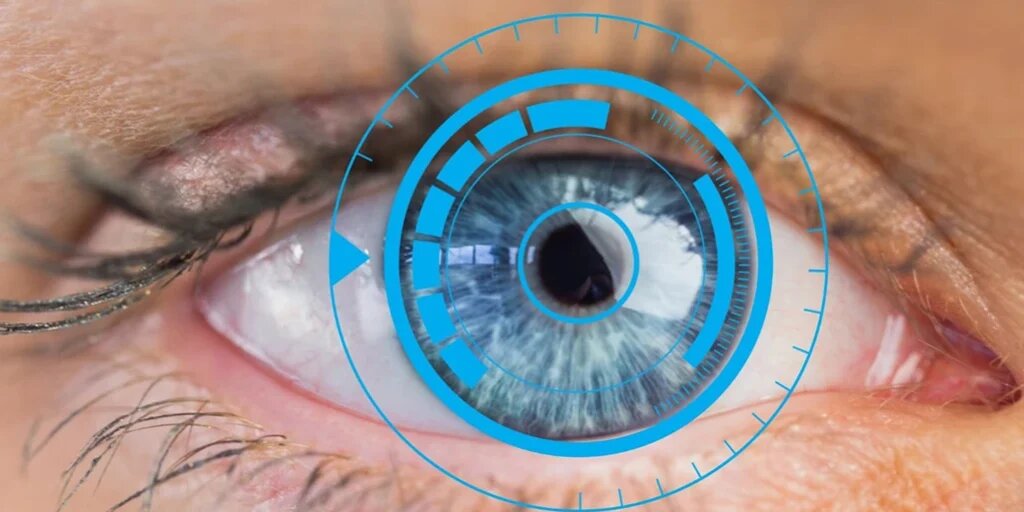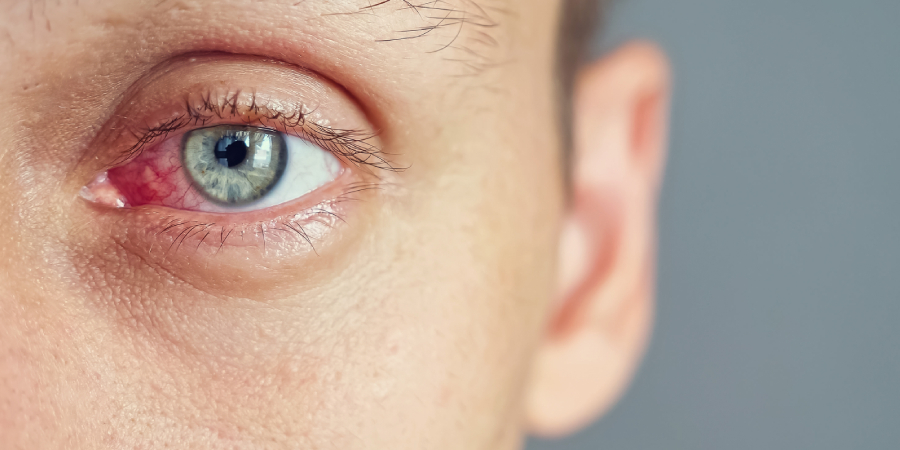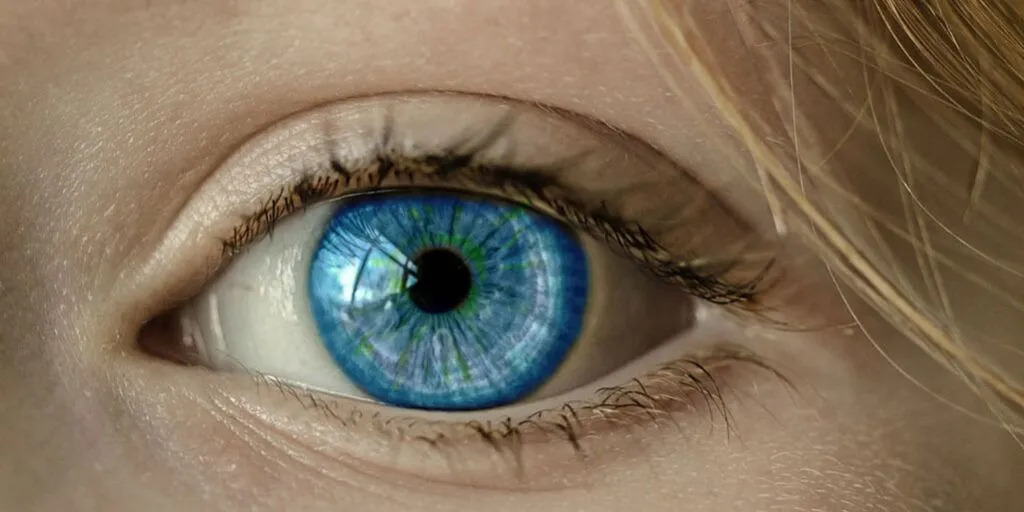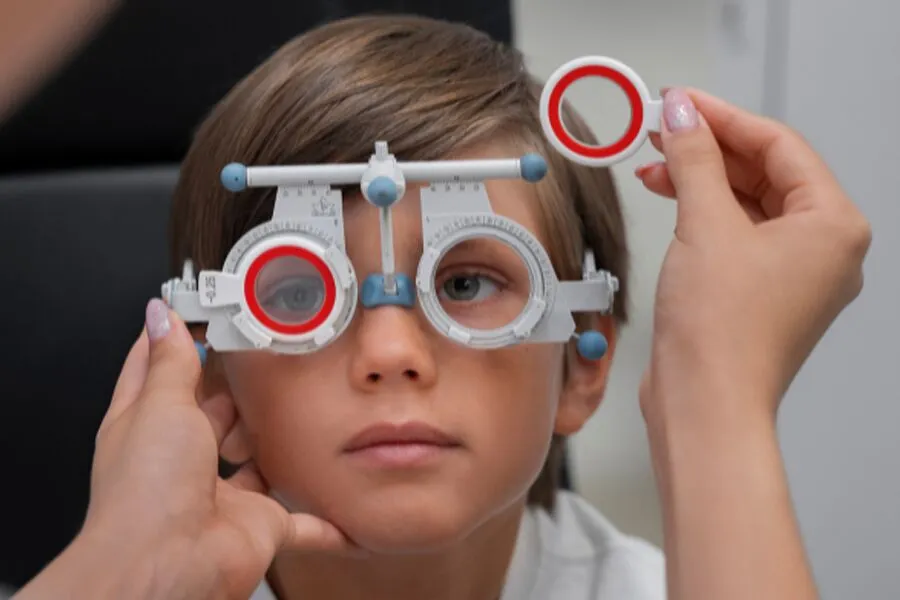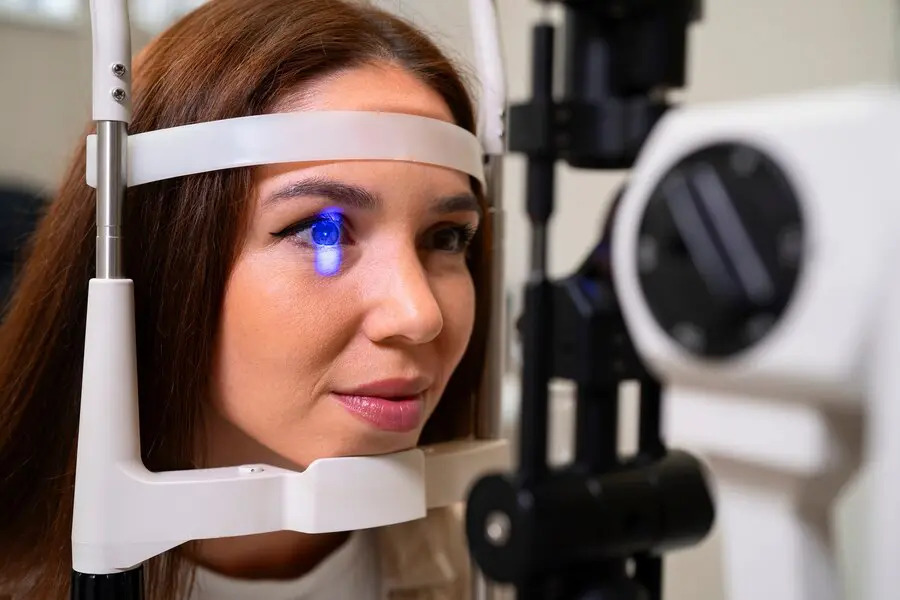When vision is suddenly compromised due to a retinal detachment, it can be deeply unsettling. For many, the road to recovery doesn’t end with the surgery—it begins with dedicated aftercare, emotional reassurance, and a strong support system. Healing the eyes is only part of the journey; healing confidence takes time, patience, and expert attention.
Understanding Retinal Detachment and Its Impact
Retinal detachment occurs when the retina—the light-sensitive tissue at the back of the eye—separates from its supportive layers.
This condition is a medical emergency that requires immediate evaluation and often, retinal detachment surgery to prevent permanent vision loss.
The event itself can be traumatic, often leaving patients anxious about the stability of their eyesight in the future.
The Emotional Toll of Vision Loss
Sudden visual changes, such as floaters, flashes, or a dark curtain-like shadow, are not just physical symptoms—they trigger fear and uncertainty.
Many patients experience anxiety before and after retinal detachment treatment, especially concerning recovery timelines and vision clarity.
Offering emotional support through counseling, reassurance, and education can be as vital as the surgical intervention itself.
Immediate Post-Surgery Care: First Steps Toward Recovery
After retinal detachment surgery, patients are typically advised to rest with their head positioned in a specific way to aid healing.
Medications such as antibiotic and anti-inflammatory eye drops are prescribed to prevent infection and reduce swelling.
Follow-up visits are essential during the first few weeks to monitor healing and manage any early complications.
Managing Expectations After Retinal Detachment Treatment
It's important to know that vision may not return instantly; the retina takes time to heal and reattach completely.
Some patients regain full vision, while others may notice mild distortions or reduced clarity in the affected eye.
Setting realistic goals and tracking improvements can help patients stay positive and patient through their recovery.
Long-Term Follow-Up and Monitoring
Recovery doesn’t stop once the surgical wounds heal. Regular checkups are vital to ensure the retina remains attached.
Eye care professionals also screen for complications like scar tissue, macular puckers, or cataracts that can arise post-surgery.
Keeping these appointments strengthens the partnership between patient and specialist, building trust and confidence.
Tips for Regaining Visual Confidence
Engage in light activities that don’t strain the eyes, such as gentle walks or listening to audiobooks.
Use prescribed eyewear or magnifying aids to enhance clarity while your eyes adjust post-retinal detachment treatment.
Maintain a healthy diet rich in vitamin A, C, and E to support retinal health and overall eye function.
Patient-Centric Support Makes a Difference
Personalized care from eye specialists ensures each patient’s concerns are addressed, making recovery feel less isolating.
A compassionate care team listens, explains, and reassures—helping patients feel supported every step of the way.
Encouraging open communication allows patients to express fears and receive the emotional care they need.
Protecting the Eyes After Retinal Detachment Surgery
Avoid heavy lifting, bending, or high-impact activities that could affect intraocular pressure or healing.
Wear sunglasses outdoors to protect sensitive eyes from UV exposure during the healing process.
Refrain from air travel for several weeks if gas bubbles were used during retinal detachment surgery, as they can expand with altitude.
Family and Caregiver Involvement
Loved ones play a vital role in reminding patients about medications, attending follow-up appointments, and providing moral support.
Caregivers should be informed about red flags—such as sudden vision changes or increased eye pain—that require urgent medical attention.
Creating a calm and supportive home environment enhances the healing journey and reduces anxiety.
Lifestyle Adjustments That Support Vision Recovery
Adjust lighting at home to reduce eye strain, especially during reading or screen use.
Avoid activities that require intense focus, such as night driving, until approved by the ophthalmologist.
If needed, connect with support groups or other patients who’ve undergone retinal detachment treatment to share experiences.
When to Seek Immediate Medical Attention
Any recurrence of floaters, light flashes, or blurred vision in either eye should not be ignored.
Prompt evaluation can prevent complications and protect the vision that has already been restored.
Early intervention remains the most effective strategy for maintaining long-term eye health.
Conclusion:
Vision restoration after retinal detachment surgery is a delicate and layered process. It requires not just surgical expertise but compassionate, personalized post-operative care. From monitoring physical recovery to restoring emotional confidence, a trusted eye hospital provides the complete ecosystem needed for healing.
At Maxi Vision Eye Hospital, every patient is treated with precision, empathy, and long-term commitment. As a super speciality eye hospital, Maxi Vision ensures that advanced technology, skilled retinal surgeons, and dedicated patient care work together seamlessly—so that you don’t just see again, you believe in your vision again.


